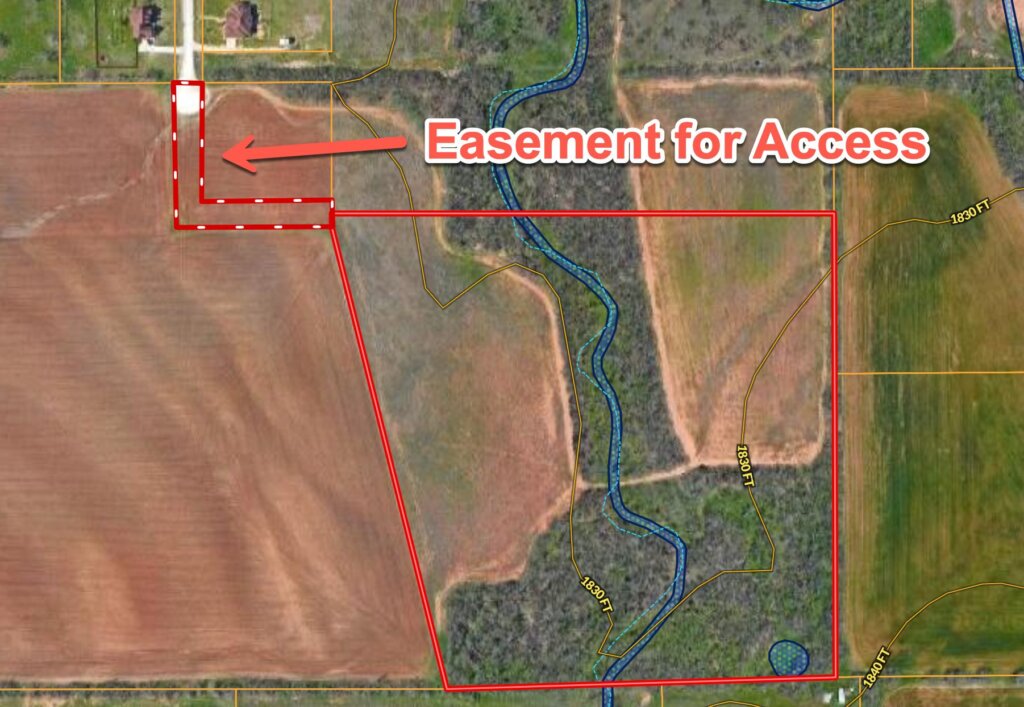Understanding Easements and Their Impact on Properties
When you buy a property, you’re not just purchasing the land or buildings; you might also be buying into a series of legal relationships with neighboring properties, one of which is known as an easement. An easement is a right that allows someone to use part of a property they don’t own in a specific way. It’s like having a key to a gate in someone else’s fence, but only to use a particular path, not to roam freely. This concept might sound straightforward, but it has significant implications for both the property carrying the easement (the servient estate) and the property that benefits from the easement (the dominant estate).
1. Impact on the Property with the Easement (Servient Estate)
Limited Use of Property: If your property has an easement on it, it means you have to allow access or use in a particular area to someone else. For instance, if there’s a path running through your yard that the neighbors have a right to use to get to the beach, you can’t build a shed on it or plant a garden that blocks the path.
Potential Decrease in Property Value: Easements can sometimes lead to a decrease in property value. Since part of the property is used by someone else, potential buyers might see this as a drawback, especially if the easement significantly limits the use of the property or affects privacy.
Maintenance Responsibilities: The responsibility for maintaining the area under easement can also be a point of concern. Depending on the terms of the easement agreement, the property owner might be required to keep the area accessible and in good condition, which could mean additional costs.

2. Impact on the Property Gaining Access Through the Easement (Dominant Estate)
Enhanced Access and Utility: For the property that benefits from the easement, it often means enhanced access or utility. This could be in the form of a right-of-way that allows travel across a neighboring property, or an easement that permits the laying of utility lines. Such access can make a property more desirable and could potentially increase its value.
Legal Right to Use: The key advantage for the dominant estate is the legal right to use part of another property, which can prevent disputes. If the servient estate attempts to block access or interferes with the easement, the dominant estate has legal grounds to enforce their rights.
Dependence on Another Property: While an easement grants rights, it also creates a form of dependence on another property. The terms of the easement can dictate how and when the dominant estate can use the easement, which might limit future plans for property development or improvements.
Navigating Easements
Understanding and navigating the implications of easements require careful consideration and often, legal advice. For the servient estate, it’s about balancing the obligation to accommodate the easement with the desire to maximize the use and value of their property. For the dominant estate, it involves ensuring the easement meets their needs without overstepping the rights granted.
Both parties should be clear on the terms of the easement, including maintenance responsibilities, restrictions, and what happens if the property is sold. A well-drafted easement agreement can prevent misunderstandings and conflicts, ensuring that both parties benefit from the arrangement or at least know what to expect.
In summary, easements represent a complex blend of rights and responsibilities that can significantly impact properties on both sides of the agreement. Whether you’re granting an easement or benefiting from one, it’s essential to understand these impacts to make informed decisions about your property.

